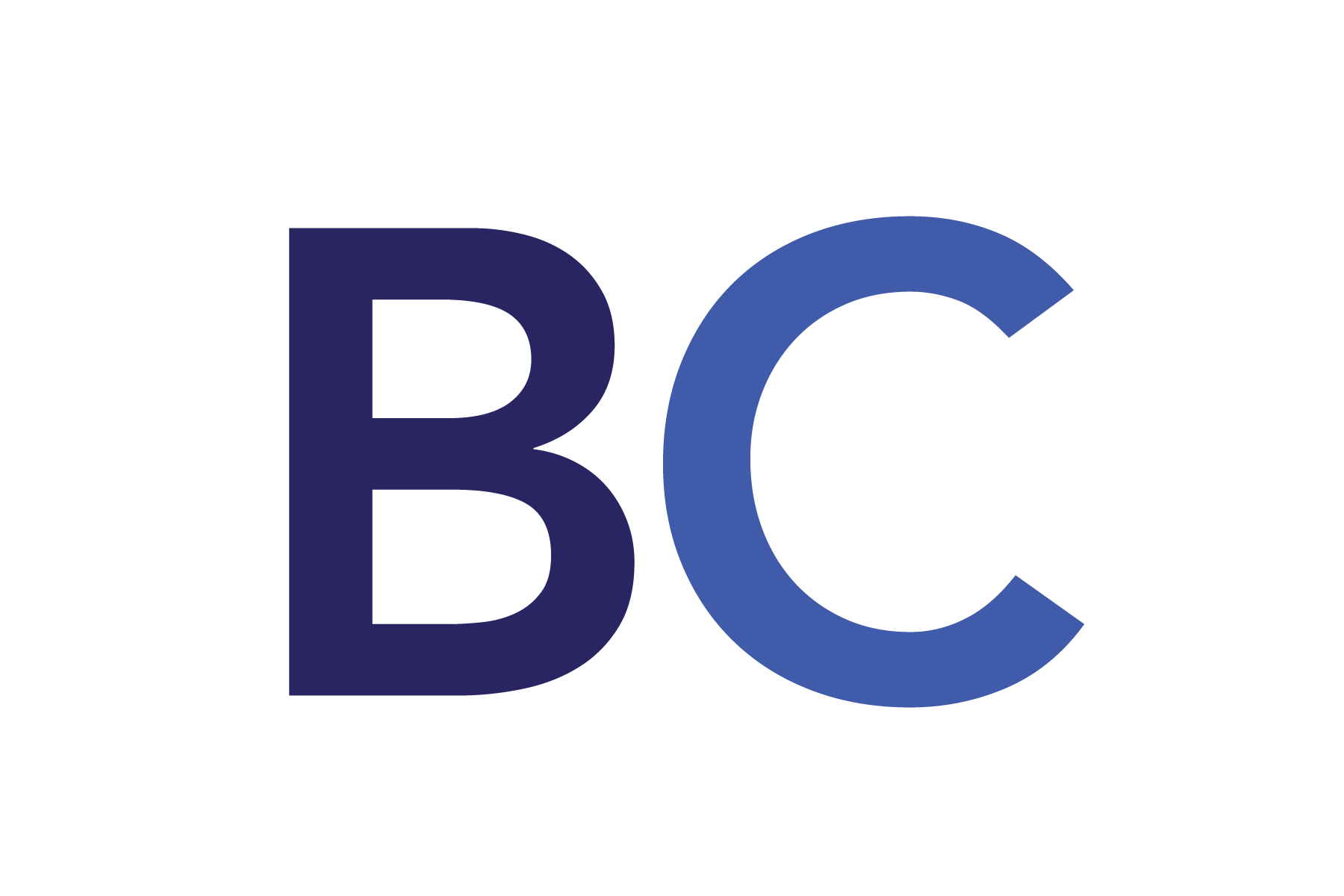A 401(k) is an employer-sponsored retirement savings plan. Employees can contribute a portion of their pre-tax salaries to their 401(k) accounts, thus reducing their taxable income. Many employers match a portion of their employees’ contributions to the plan, which can help accelerate retirement savings. The contributions and any earnings grow tax-deferred until withdrawal, at which point they are taxed as ordinary income. There are also Roth 401(k) options, where contributions are made with after-tax dollars but qualified withdrawals in retirement are tax-free.
An IRA is a retirement savings account that individuals can set up independently of their employers. Contributions may be tax-deductible, depending on your income and whether you or your spouse are covered by a retirement plan at work. Earnings grow tax-deferred and are taxed as ordinary income upon withdrawal. There are also Roth IRAs where contributions are made with after-tax dollars but qualified withdrawals in retirement are tax-free.
The main difference between the two is that 401(k)s are generally set up by employers, while IRAs are individual accounts. They also have different contribution limits and slightly different rules about when and how you can withdraw money.
#investments #retirement #qualifiedinvestments #401(k)



